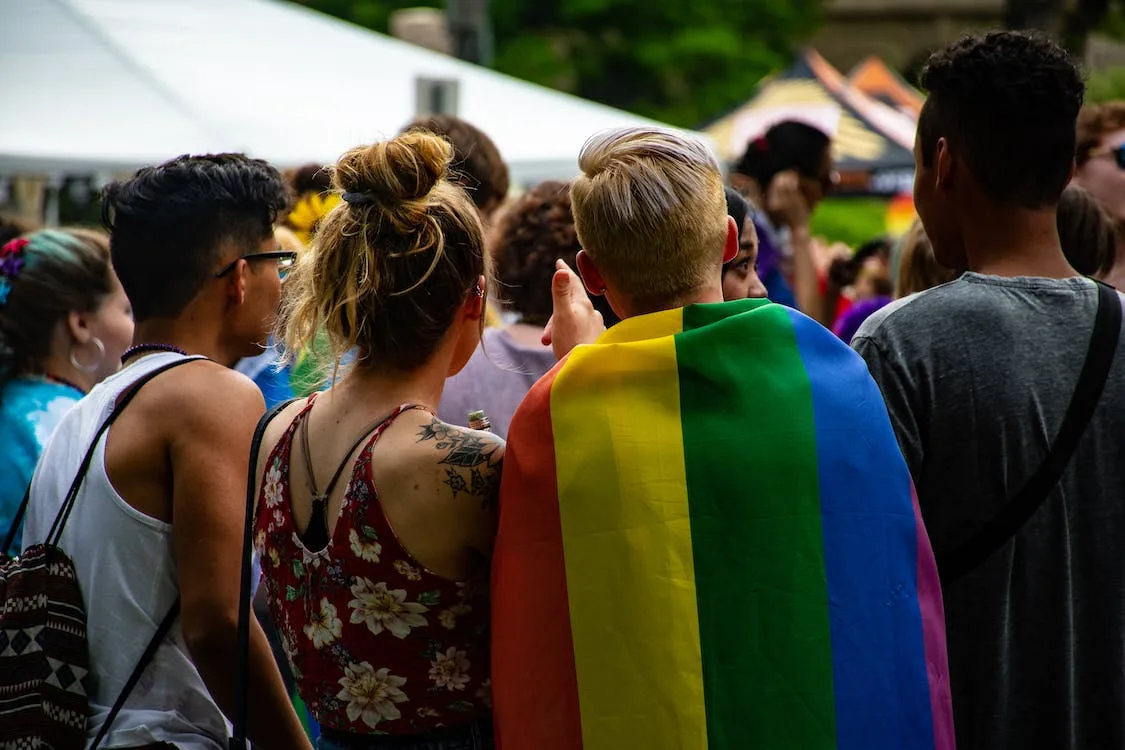Supreme Court LGBTQ Case
Image source: Pexels.com
The Supreme Court of the United States (SCOTUS) is the highest judicial authority in the country. It has the power to decide on some of the most important and controversial issues that affect millions of Americans. One of these issues is the rights of LGBTQ people in the workplace.
In October 2023, the SCOTUS heard three cases that could have a huge impact on the lives and livelihoods of LGBTQ workers. These cases are about whether Title VII of the Civil Rights Act of 1964, which prohibits discrimination based on sex, also protects employees from discrimination based on their sexual orientation or gender identity.
What are the Cases?
The three cases are:
- Bostock v. Clayton County, Georgia: Gerald Bostock, a gay man, was fired from his job as a child welfare coordinator after he joined a gay softball league.
- Altitude Express, Inc. v. Zarda: Donald Zarda, a gay man, was fired from his job as a skydiving instructor after he told a female customer that he was gay to make her feel more comfortable during a tandem jump.
- R.G. & G.R. Harris Funeral Homes, Inc. v. EEOC: Aimee Stephens, a transgender woman, was fired from her job as a funeral director after she informed her employer that she planned to transition and present as a woman at work.
All three plaintiffs sued their former employers, claiming that they were discriminated against because of their sex. They argued that firing someone for being gay or transgender is a form of sex discrimination, because it involves treating someone differently based on their sex or their sex-related characteristics.
The employers, on the other hand, argued that Title VII does not cover sexual orientation or gender identity, because these are distinct from sex. They claimed that Congress did not intend to include LGBTQ people when it passed the law in 1964, and that only Congress can change the law to explicitly protect them.
What are the Arguments?
The SCOTUS heard oral arguments for the cases on October 8, 2023. The justices asked tough questions to both sides, and seemed divided along ideological lines. The four liberal justices, Ruth Bader Ginsburg, Stephen Breyer, Sonia Sotomayor, and Elena Kagan, appeared to favor the plaintiffs, while the five conservative justices, John Roberts, Clarence Thomas, Samuel Alito, Neil Gorsuch, and Brett Kavanaugh, appeared to favor the employers.
Some of the main arguments that were raised during the hearing were:
- For the plaintiffs: Firing someone for being gay or transgender is inherently based on sex, because it involves making a judgment about how a person of a certain sex should behave, look, or love. For example, if an employer fires a male employee for being attracted to men, but not a female employee for being attracted to men, that is sex discrimination. Similarly, if an employer fires a female employee for identifying as a man, but not a male employee for identifying as a man, that is also sex discrimination.
- For the employers: Sexual orientation and gender identity are separate and distinct from sex, and are not covered by Title VII. The plain meaning of the word “sex” in 1964 was biological sex, not sexual orientation or gender identity. Congress has repeatedly rejected attempts to amend the law to include LGBTQ people, and has passed other laws that specifically protect them, such as the Hate Crimes Prevention Act and the Matthew Shepard Act. Therefore, it is up to Congress, not the courts, to decide whether to extend Title VII to LGBTQ workers.
What are the Implications?
The SCOTUS is expected to issue its ruling on the cases by June 2024. The outcome could have far-reaching implications for the rights and dignity of LGBTQ people in the workplace and beyond. According to the Movement Advancement Project, an LGBTQ think tank, about half of the states in the US do not have laws that explicitly protect LGBTQ workers from discrimination. This means that millions of LGBTQ workers could lose their jobs or face harassment and hostility at work simply because of who they are or whom they love.
On the other hand, if the SCOTUS rules in favor of the plaintiffs, it could affirm that LGBTQ people are protected by federal law from discrimination based on sex. This could set a precedent for other areas of law, such as education, health care, housing, and public accommodations, where LGBTQ people also face discrimination and barriers to access.
What is my Opinion?
The SCOTUS LGBTQ case is one of the most important and historic cases in the history of the LGBTQ rights movement. It could either advance or undermine the progress that has been made in the past decades, such as the legalization of same-sex marriage and the repeal of the military’s “don’t ask, don’t tell” policy. It could also affect the lives and well-being of millions of LGBTQ people and their families, friends, and allies.
I hope that the SCOTUS will rule in favor of equality and justice, and recognize that LGBTQ people are entitled to the same rights and protections as everyone else. I hope that the SCOTUS will uphold the principle that no one should be fired or discriminated against because of who they are or whom they love.





0